“While you are armed, remember this is your only chance to be free. … This is your only chance to stop your people from being treated worse than dogs. We’ll take care of the front, Joe, but from the back, he’ll never know what hit him. You dig?”
Robert F. Williams was born February 26, 1925, in Monroe, North Carolina. He came from a line of black fighters who believed in the practice of self-defense. At age 11, his race consciousness was piqued by witnessing a woman being beaten by the police officer father of infamous racist, reactionary Senator Jesse Helms, Jr.
He moved North during World War II, serving in the Marine Corps and gaining experience in the use of arms before returning home to North Carolina. In 1955, Williams joined the Monroe branch of the NAACP, where he became aware of the intense violence that being involved in the liberation struggle entailed. To that end, he organized a Black Armed Guard comprised mainly of Black veterans of the Korean War and World War II.
In 1957, the home of a black doctor was attacked by the Ku Klux Klan. The Guard was successful in driving away the attackers, and the Klan was banned by Monroe city officials without an express permit from the police chief.
Williams rose to further fame when he defended two young black boys, one of whom was kissed by a white girl, in 1958. This incident resulted in a myriad of embarrassing news articles and headlines around the world, which motivated the Governor of North Carolina to pardon both of them.
In 1959, Williams was suspended from his position as NAACP Monroe chapter president as a result of disagreements with the national board and Martin Luther King, Jr., on the issue of nonviolence. Williams refused to simply watch as black bodies were threatened with cruel violence, and this angered and upset many of the pacifists and reformists within the organization and the civil rights struggle as a whole. Nevertheless, this didn’t damper his role in the liberation struggle.
The year 1961 saw the coming of the Freedom Riders to Monroe. They stayed at Williams’ house in the black section of town. A white couple drove through the black section of town, and they were stopped by a group of black citizens. Williams placed them in a nearby residence until they could secure safe passage out of the area. However, North Carolina law enforcement accused him of kidnapping the couple, which forced him to leave the state. The FBI tried to track him down, as well.
This inspired him to leave the country. He went to Canada, Mexico, and newly liberated Cuba, where he began broadcasting revolutionary messages to Blacks in the South via Radio Free Dixie. During the Cuban Missile Crisis, Williams urged black soldiers to refuse to carry out orders from the imperialist government. He also wrote his extremely influential work, Negroes With Guns, during his time in Cuba. This infamous writing was read by many groups that would go on to have revolutionary ideals and practices in the later 1960s and 1970s, the most notable being the Black Panther Party.
In 1965, Williams and his family were forced to leave Cuba as a result of the influence of the Communist Party. Many believed that he was a divisive figure and would threaten solidarity between black and white workers. He traveled to North Vietnam, where he praised China’s development of the atomic bomb and the national liberation/reunification fight being waged by the North Vietnamese. He eventually settled in the People’s Republic of China, where he was well received.
Williams returned to the United States in 1969. He was arrested on the 1961 kidnapping charges and extradited to North Carolina, where the charges were dropped. Williams remained committed to the fight for liberation until he died in 1996.
Sources:
http://www.crmvet.org/info/monroe57.pdf
http://www.ibiblio.org/Southern_Exposure/RFW.html
https://archive.org/details/ListenBrother

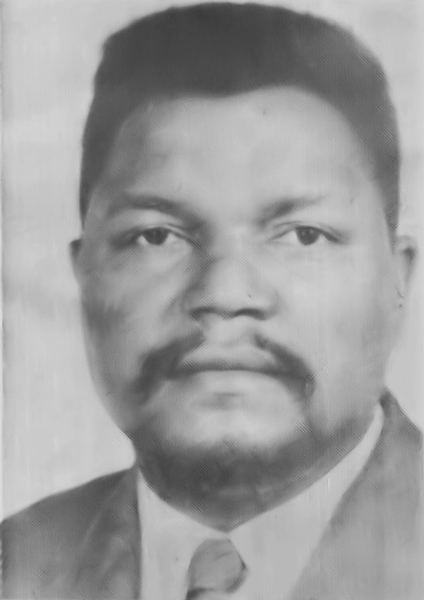




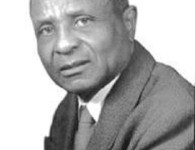
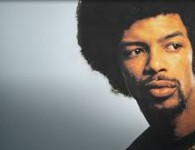

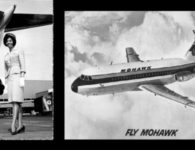
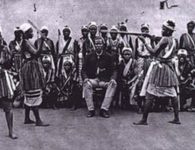
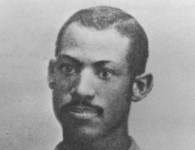
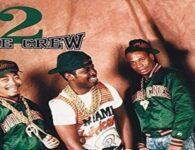
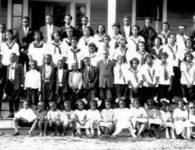

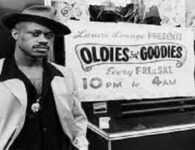
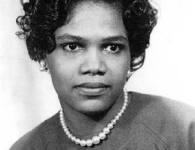
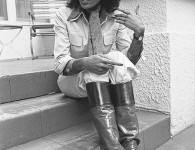


No comments